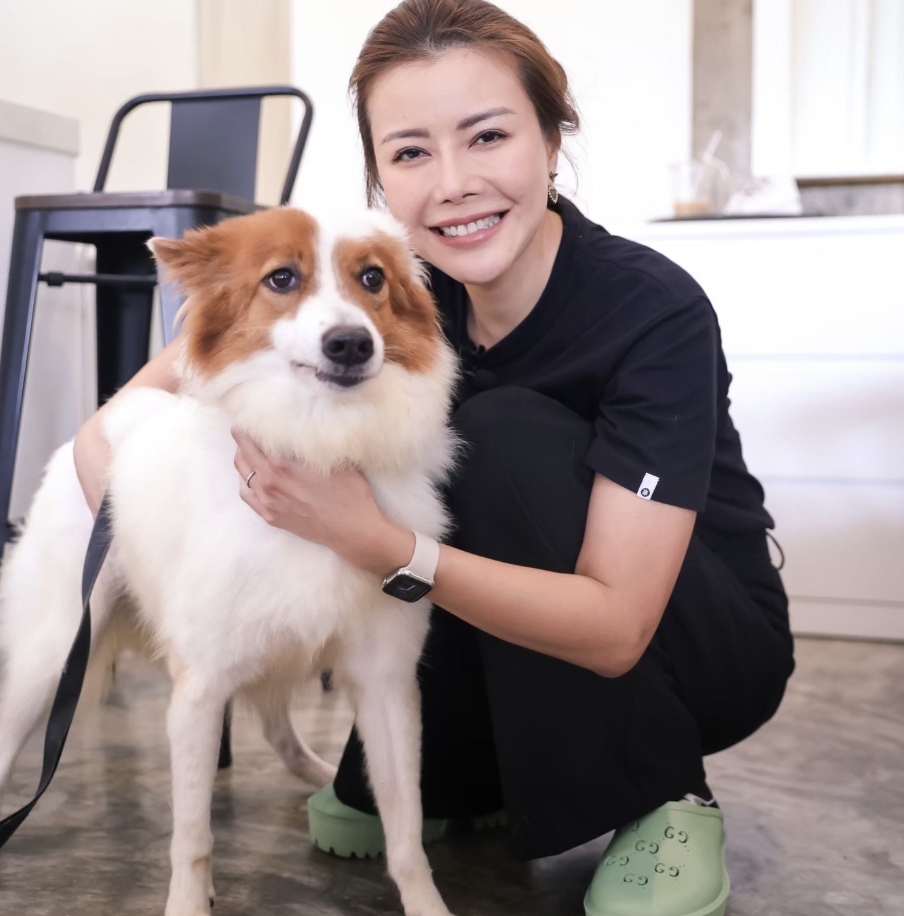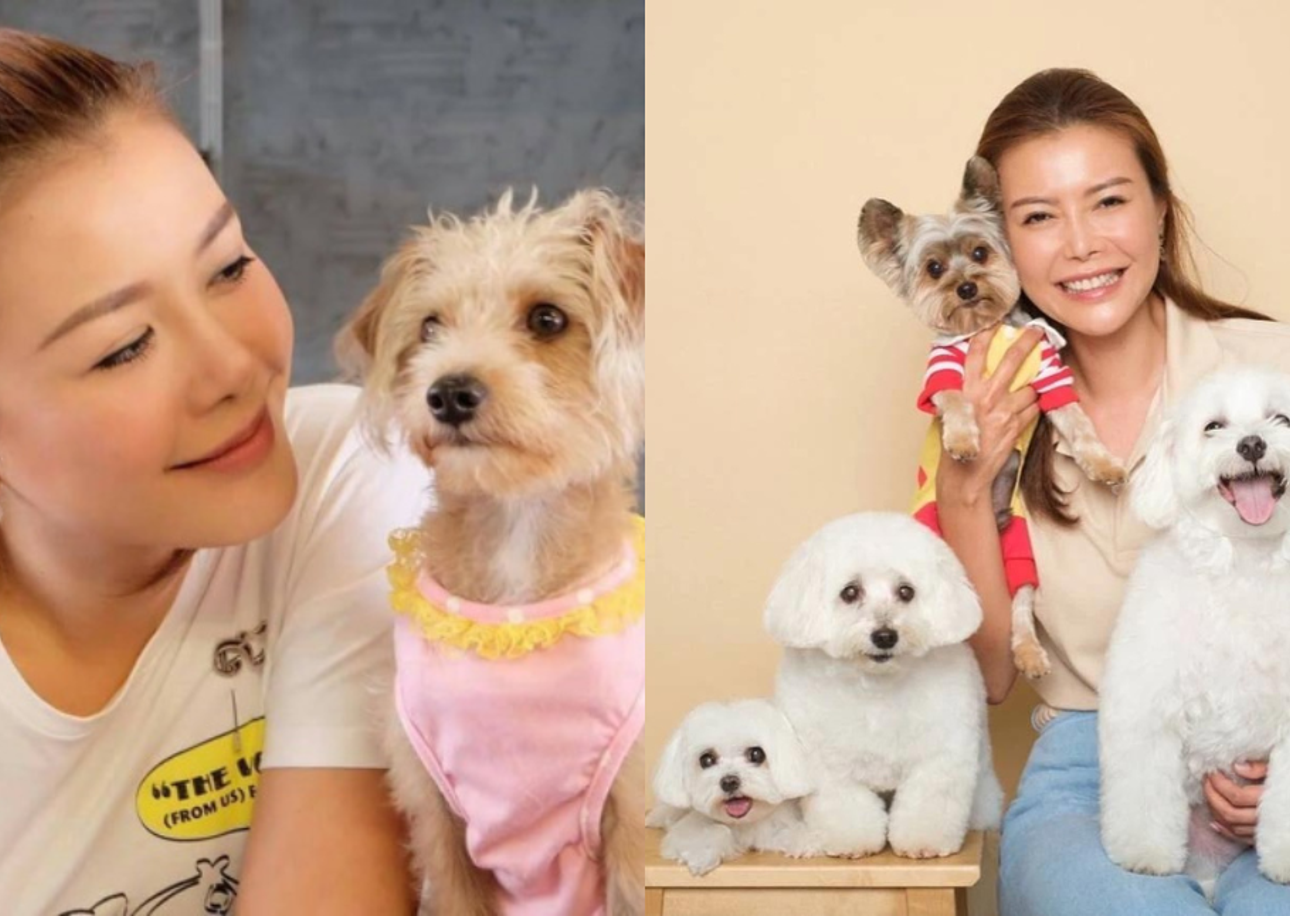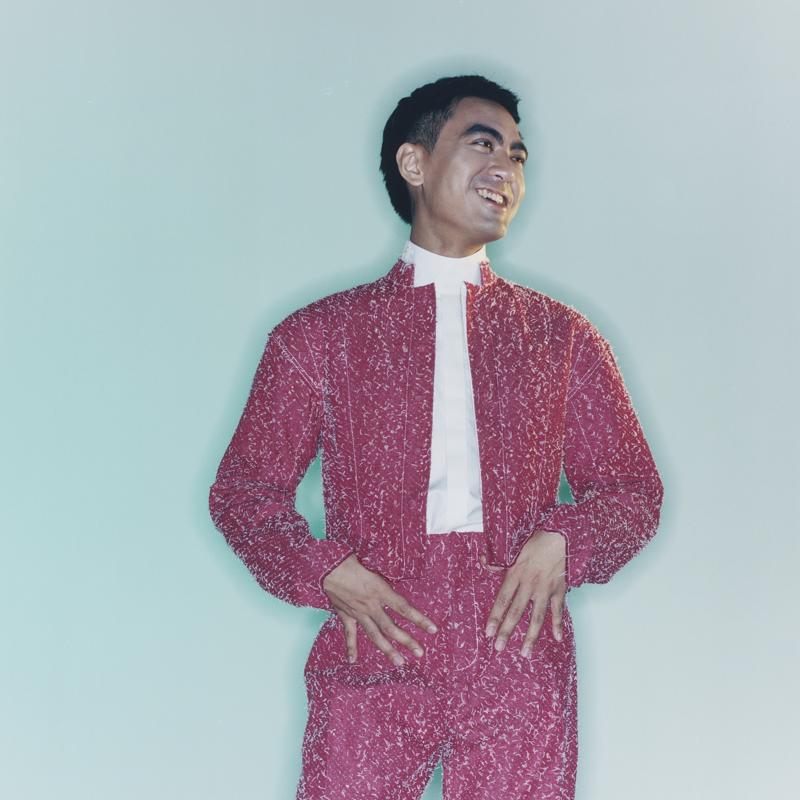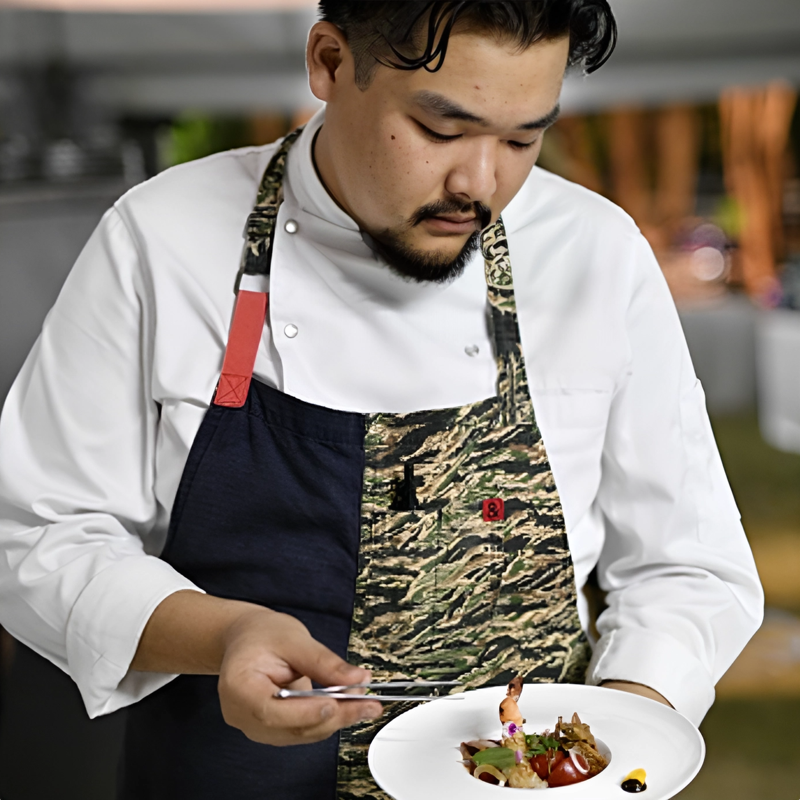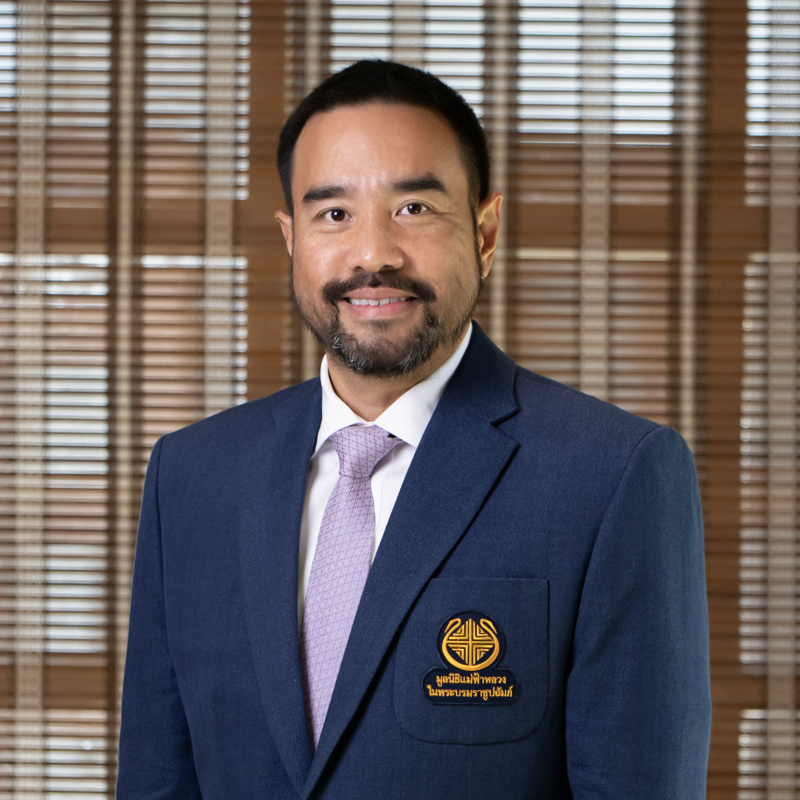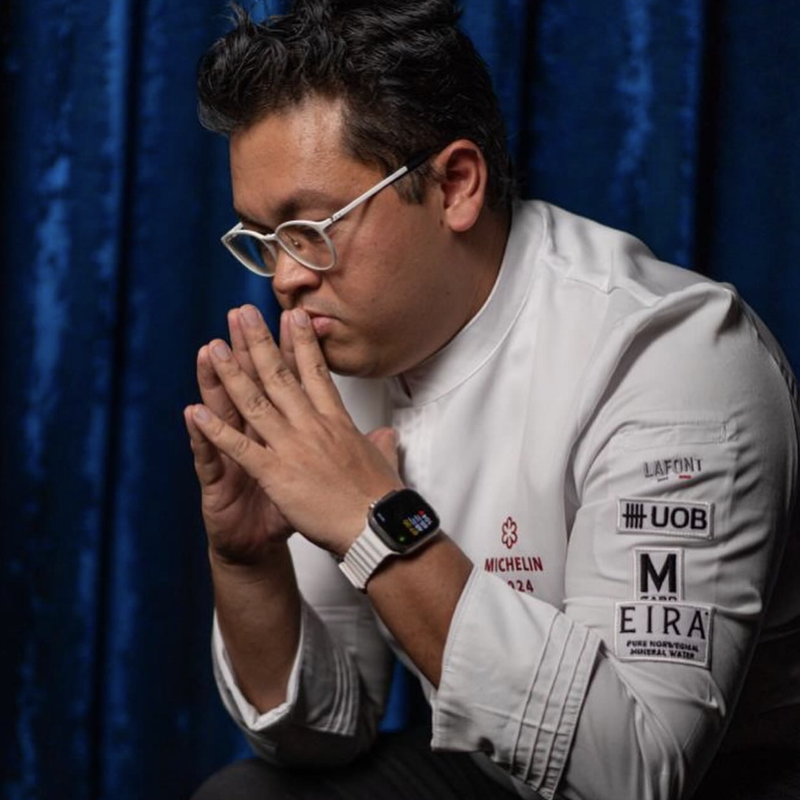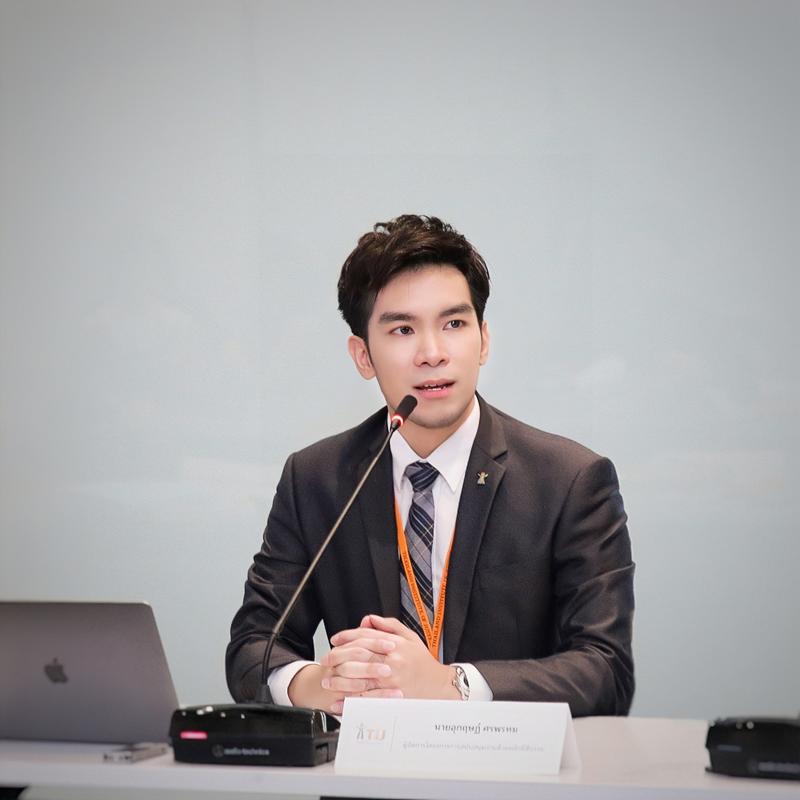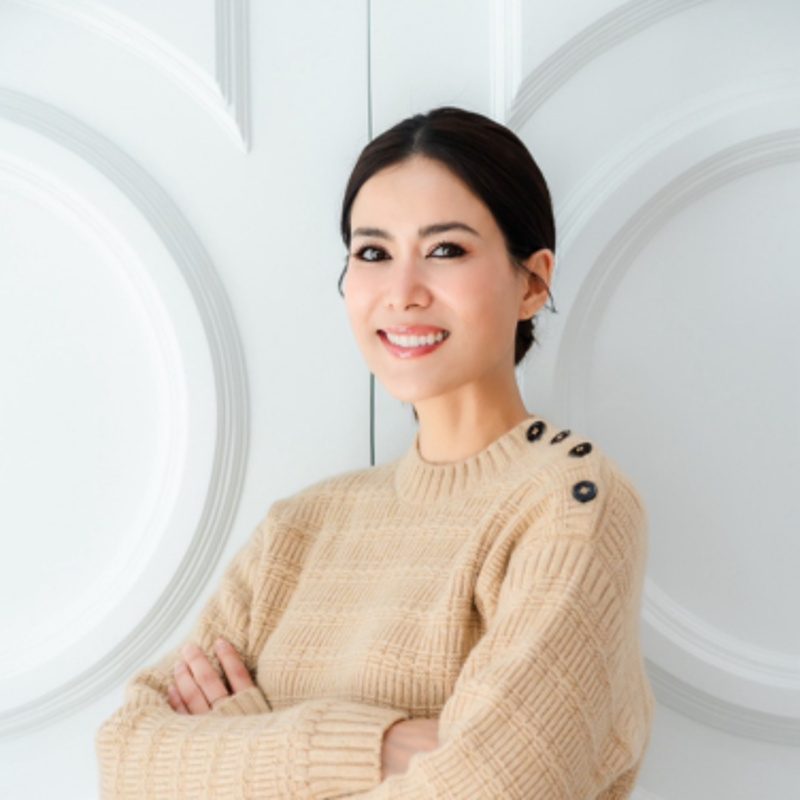After the 2011 floods in Thailand, Kae turned her attention to neglected stray animals, founding The Voice Foundation to rescue and support them.
As flooding continues in the northern provinces in Thailand, it reminds us that during such times, the focus often remains on helping people. However, for Chollada “Kae” Mekratri Sirisant, founder of The Voice Foundation, her heart also turns toward helping animals—an inspiration that came from the devastating 2011 floods.
With a marketing degree from the University of London and a popular YouTube channel showcasing her travels with her husband, Prom Sirisant, Kae balances her busy life while staying dedicated to The Voice Foundation. But how did this passion begin? In our interview, Kae shares her journey and the challenges she faces as a voice for Thailand’s forgotten animals.
A Wake-Up Call: The 2011 Floods
The floods of 2011 were a wake-up call for many in Thailand. While most volunteers were focused on rescuing people, Kae saw something else—stray animals left behind, with no one to care for them.
“I was a volunteer in the flooding like everyone else,”
Kae recalls,
“but as I participated, I started to realise how many animals were being left behind and weren’t getting any assistance. So, I thought as many people were already helping people, I would be the one to help the animals.”
Initially, Kae’s efforts were only a project to address the immediate needs of the flood-stricken animals. But once the floods subsided, many of the rescued pets were not reclaimed by their owners.
“I was shocked,”
Kae says.
“Why didn’t people come back for their pets? That’s when I decided to turn the project into a proper foundation.”
The Concept of The Voice
It wasn’t just the lack of attention to animals during the floods that motivated Kae. It was the realisation that many people didn’t see their pets as part of the family the way she did.
“I couldn’t understand how people were willing to leave their pets behind,”
Kae explains.
“If I didn’t help them, who would? That’s why I wanted to be the voice for them.”
She took to social media, posting about pets that had been separated from their owners, hoping to reunite them. But as time went on, Kae found that many people didn’t care to come back for their pets at all.
“It came as a shock,”
she admits.
“Some of the dogs were amazing breeds, so cute, even older dogs. How could they not miss them?”
From that moment, Kae’s mission became clear: to fight for a change in how Thailand treats its animals. With no proper animal rights bill in place, she saw an opportunity to push for legislative change.
How Social Media Plays a Role
As a former model and public figure, Kae’s platform significantly enhanced the reach and impact of her message.
“Being a public face helps a lot in my campaign,”
she acknowledges.
“When I post about a dog that couldn’t find its way home, people trust me because they know me. They know it’s not a scam.”
Social media has proven to be a powerful tool in her advocacy work, helping to spread the word quickly when an animal is in need. One recent case that stands out in her mind is the story of a pig named Mhoobumrer. The owner had been seeking help online, with no response, until she messaged Kae directly.
“My admin responded and we helped share her story. Even after Mhoobumrer passed away, the owner thanked us for being the first to help.”
This is the power of unified action, Kae believes.
“When we all come together, we can do so much more,”
she says.
Challenges Along the Way
Despite the success of The Voice Foundation, Kae faces her share of challenges. Being a public figure comes with its downsides, especially in the age of social media.
“When you make a mistake, even if it’s unintentional, the backlash can be harsh,”
Kae admits.
But the hardest part for Kae isn’t the criticism—it’s seeing the suffering of the animals she rescues.
“In the beginning, I cried a lot,”
she confesses.
“But I knew I had to power through because I had to help them.”
For Kae, the emotional toll is balanced by the joy of seeing animals recover and find new homes.
“These days, my success comes from seeing the dogs and cats we’ve rescued find new families and new homes. That’s what means the most to me. This is my happiness; it’s my finish line every day. The eyes of animals don’t lie. They show loyalty. Every animal we’ve helped and found a new home for, when I visit them, they still remember me.”
Shifting Public Perception
Since starting The Voice Foundation, Kae has seen a shift in public attitude toward stray animals.
“More people feel sympathy for them.”
she says.
“For instance, in the past, when people would compliment me on a photoshoot, I felt proud. But nowadays, people come up to me and say, ‘I saw you helping animals, so I adopted three pets at home.’ I’m really proud of this, that by doing something good, others follow suit and they might even be able to help more than I can. It brings me so much happiness.”
However, misconceptions still remain, particularly around the idea that stray animals are dangerous.
“Yes, some can be aggressive, but it’s a small fraction,”
Kae clarifies.
“Once these animals find a home and receive love, they become incredibly gentle.”
The Future of The Voice Foundation
Kae’s long-term vision for The Voice Foundation is simple,
“I hope there will be no work left to do—no animals abandoned in Thai society, no strays.”
She’s also focused on strengthening Thailand’s animal protection laws.
“We have the Animal Welfare Act, but there are too many legal loopholes,”
she says.
“I want harsher penalties so people will think twice before mistreating animals.”
Advice for Future Animal Advocates
For those looking to get involved in animal welfare, Kae suggests starting small.
“You can volunteer, bring food or supplies to shelters, or even just share stories on social media. Every bit helps.”
And for those who want to do more, Kae encourages them to take action.
“If you see a stray animal in need, take them to the vet, or reach out to foundations for help. When I first started, I didn’t know anything either. I helped my first animal by accident, but that small step turned into something much bigger.”
If we care, we can all be a voice for the voiceless.
